Financial Intermediation in Economic Development: The Indian Perspective
Synopsis
It is a well-known fact that the process of economic development is a very complex phenomenon that requires a systematic variation in almost every feature of the economic structure, along with social as well as political development. The literature critically reviewed in various chapters of the book, is of recent origin. This is a research work in which the main aim is to show the importance of the non-bank financial intermediaries in relation to monetary policy both in the developed and under-developed economies including India. The main building blocks of the new "theory of finance that encompasses that theory of money" are analyzed critically for showing its far-reaching consequences in the realms of money, banking and non-banking institutions. This book examines McKinnon (1973) and Shaw's (1973) financial development and stabilization models for financially developing economy like India and extensions to the models by Galbis, Kapur, Mathieson, U Tan Wai, Khatkhate, Maxwell J. Fry and others to the less-developed countries. McKinnon and Shaw construct models in which financial conditions affect economic growth. They both discuss the way in which repressed inflation, particularly in the form of interest rate ceiling, exacerbate economic instability From their, it is a natural step to prescriptive analysis of financial policies for stabilization.
Read more
47.70
42.93
$
53.00 $
Free delivery Wolrdwidе in 10-18 days
Ships in 1-2 days from New Delhi
Membership for 1 Year $35.00
Get it now and save 10%
Get it now and save 10%
BECOME A MEMBER

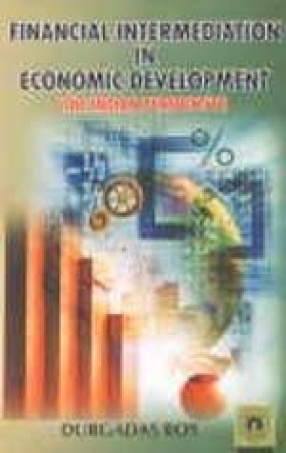
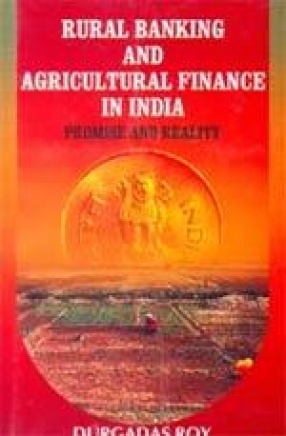
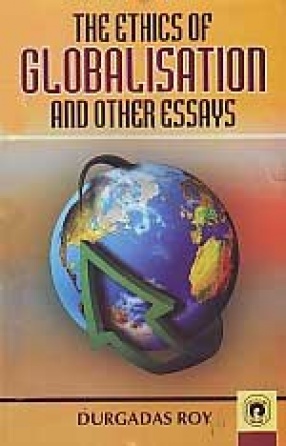
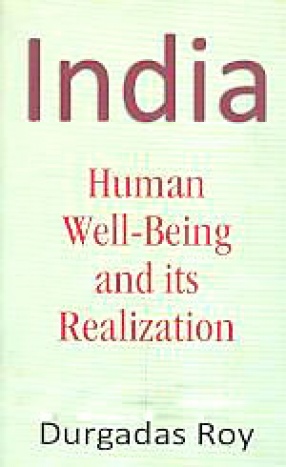
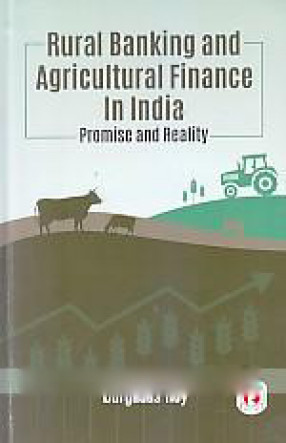


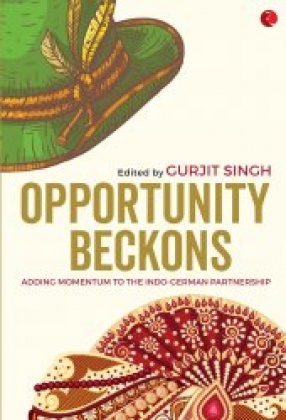


Bibliographic information